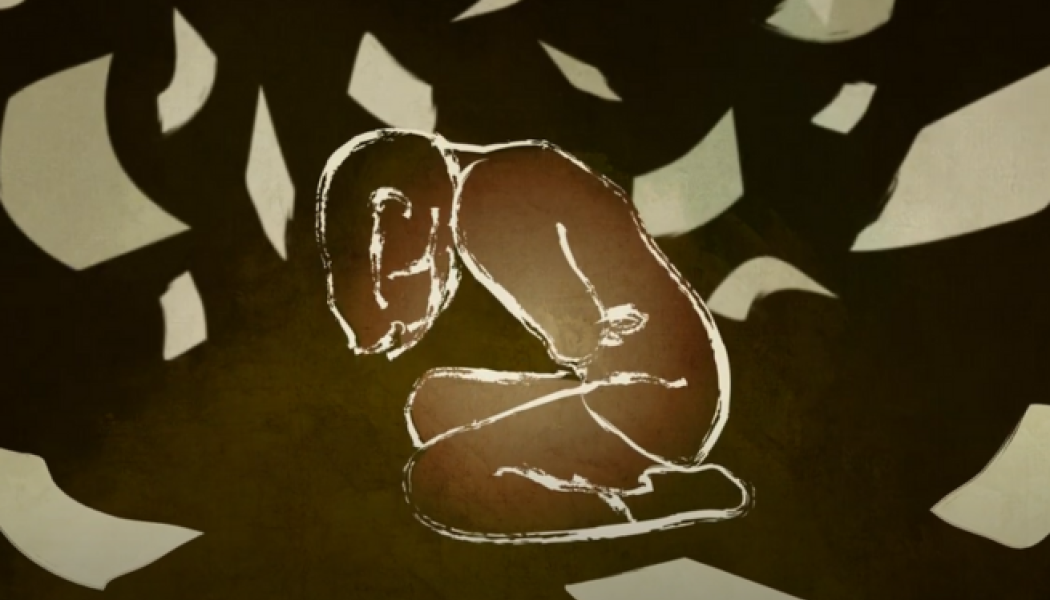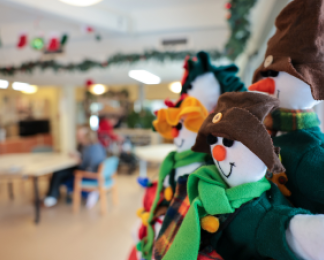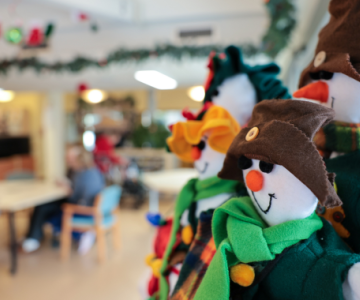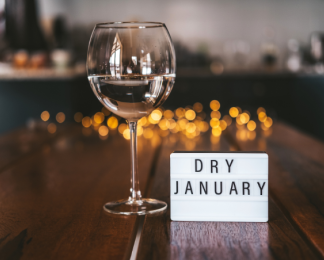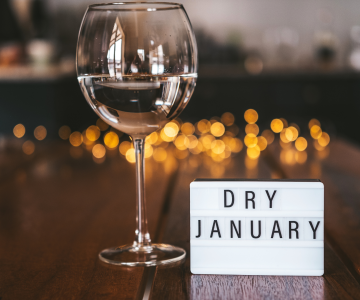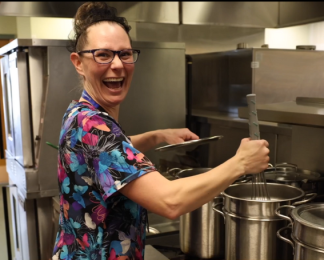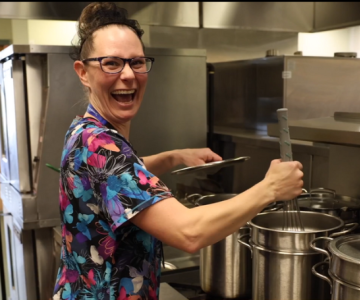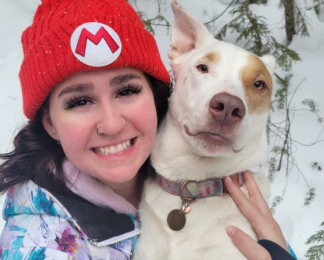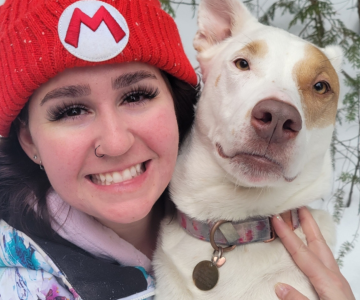In 2021, 263 paper medical charts were shipped to East Kootenay Regional Hospital where they were placed in the basement. The charts belonged to people who had died from toxic drugs, and were sent to the hospital for a project designed to better understand and address the failure of systems to prevent these deaths.
Alison Ko, who was at the time a long-term Interior Health employee, joined the project team which needed someone with a nursing background.
What she felt was a good career opportunity became so much more. “I had no idea how intense reviewing charts would be,” says Alison. “As our team worked diligently to capture the data the charts revealed, we felt the deep impact of the lives lost.”
Alison recalls going into the basement and pulling out the charts, one by one, and reading the files for hours. “Our team met every week, and we kept saying that there are all these stories. They touched us deeply. I started jotting them down, and keeping a journal – anonymous of course."
With her background in creative writing, Alison decided to shape the stories into a poem she called Paper People. “I felt like I needed to do good for these families and the people who died,” she explains. “The other guiding force behind the poem was how do we address stigma? How can I use poetry to connect with readers, and have people reflect on these preventable deaths? And lastly, I also wanted to honour the work the team was doing.”
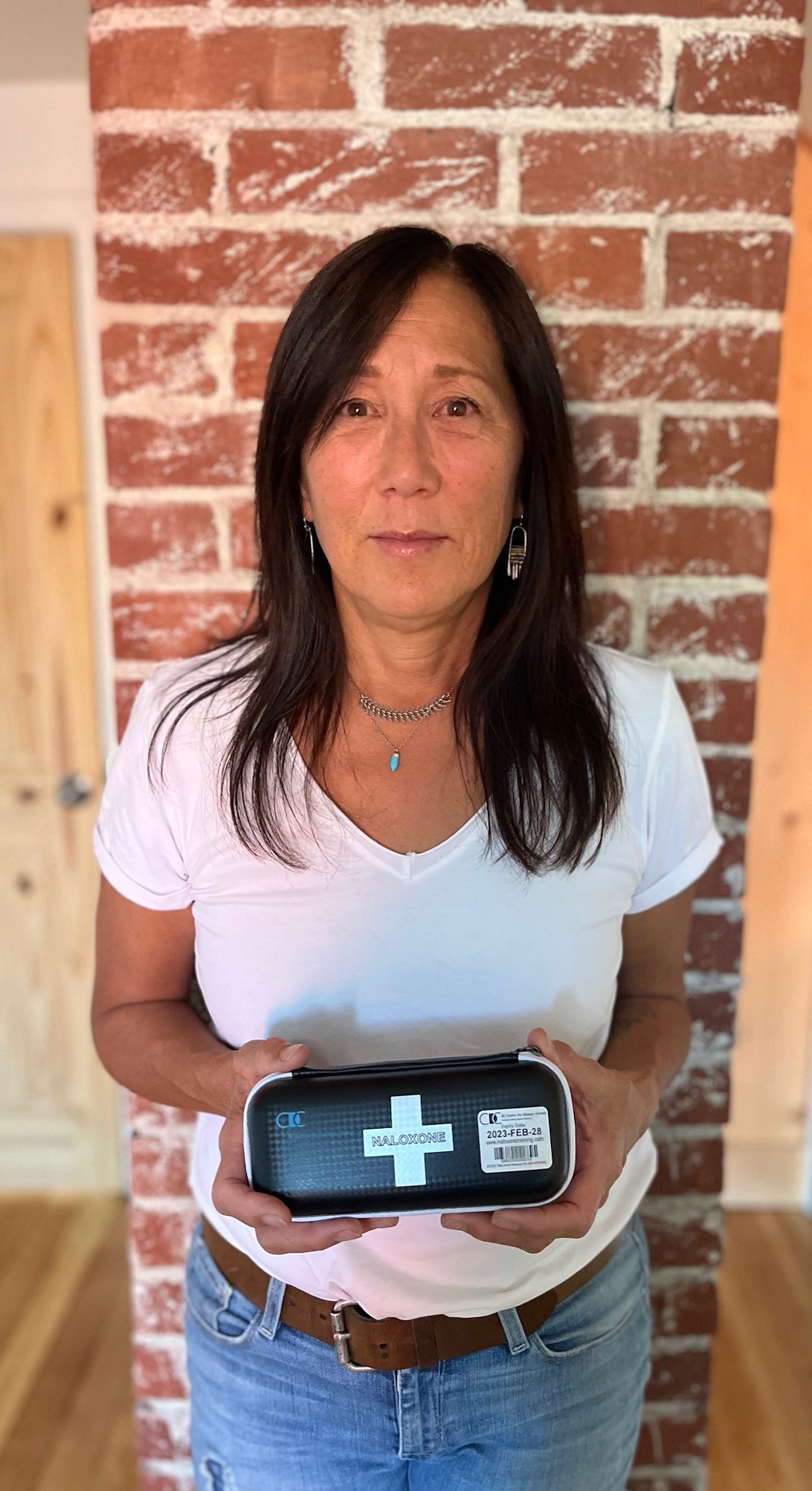
One of the project’s deliverables was to use the data and lessons learned from the chart review to educate others. Out of conversations with colleagues and coworkers emerged the idea of using visual storytelling to share some of the team’s findings. The Paper People video project was born.
With the help of the creative team at Hello Cool World, Paper People became reality in just over three weeks. Now on YouTube, the video can be shared by anyone to help combat stigma and understand the human stories behind the medical charts.

